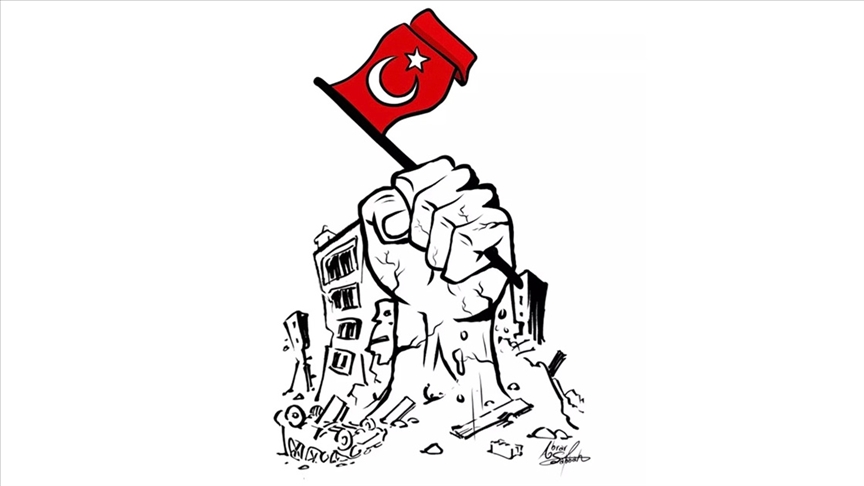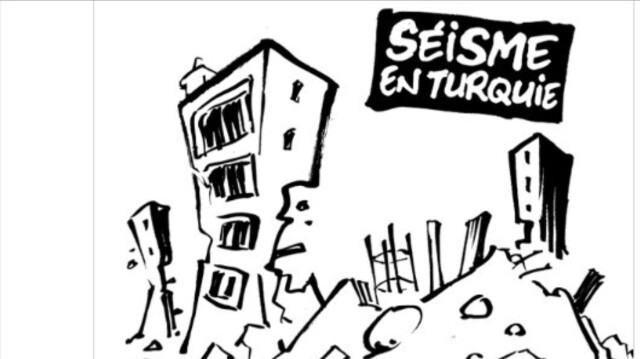A short time following the Raji incident (Safar 4/July 625), Abu Bara Amir ibn Malik, the leader of the Amir ibn Sa'saa tribe, came to Medina and received information from the Prophet (pbuh) about Islam. Although he was not a Muslim, he requested that some people to be sent to his tribe to convey Islam. Upon hearing this, Prophet Muhammad secured a promise for the safety of these people, and assigned a group of 70 from the Ahl al-Suffa, led by Mundhir ibn Amr al-Hazraji. Most of these people were Companions who possessed good knowledge of the Holy Quran. Haram ibn Milhan was assigned to take a letter from the Prophet to the leader of the Amir ibn Sa'saa after arriving in Bi'rimauna, which was located on the road between Mecca and Medina. After learning that the Amir, Amir ibn Malik had passed away, Haram ibn Milhan gave the letter to his nephew, Amir ibn Tufayl and invited the people with him to Islam. Amir ibn Tufayl had held a grudge against the Prophet for a long time, thus he had the messenger killed and incited the tribe members to attack the Islamic delegation that was staying in Birimanua. As Amir ibn Malik had guaranteed the lives of the delegation, the tribe did not respond positively to this proposal by Amir ibn Tufayl. Amir ibn Tufayl then turned to some branches of the Banu Sulaym tribe, who were his allies. Upon his incitement, the armed groups from the neighboring tribes attacked the Muslims in Bi'rimauna who were unaware of any of these developments.
Everyone was martyred except Amr ibn Umayya ad-Damri, Ka'b ibn Zayd an-Najjari, who was severely wounded and thought dead, and Mundhir ibn Muhammad (or Harith ibn Simma), who was shepherding the camels during the incident. Mundhir ibn Muhammad (or Harith ibn Simma) could not bear the death of his friends, and attacked the idolaters and was killed. When the imprisoned Amr ibn Umayya said that he was a member of the Mudar tribe, he was released by Amir ibn Tufayl.
The Prophet was informed about this sad incidence via a revelation, and he notified his companions of it. Prophet Muhammad was deeply saddened by this incident, more than he had ever been saddened before and he cursed the people who were responsible for it in the morning prayers for thirty or forty days. The Prophet sent off a force of twenty-four, led by Shuja ibn Wahb, to punish Amir ibn Sa'saa on Rabi' al-awwal 8 (July 629); the latter had been responsible for the Bi'rimauna disaster. Many women and animals of the tribe were captured during a sudden night attack. After a while, a delegation of the Banu Amir ibn Sa'saa, all of whom were later to become Muslim, came before the Prophet and requested the release of the captured women. The Prophet discussed the matter with Shuja ibn Wahb and his friends, and he then released the women upon their acceptance of Islam.
Subscribe to:
Post Comments (Atom)









No comments:
Post a Comment